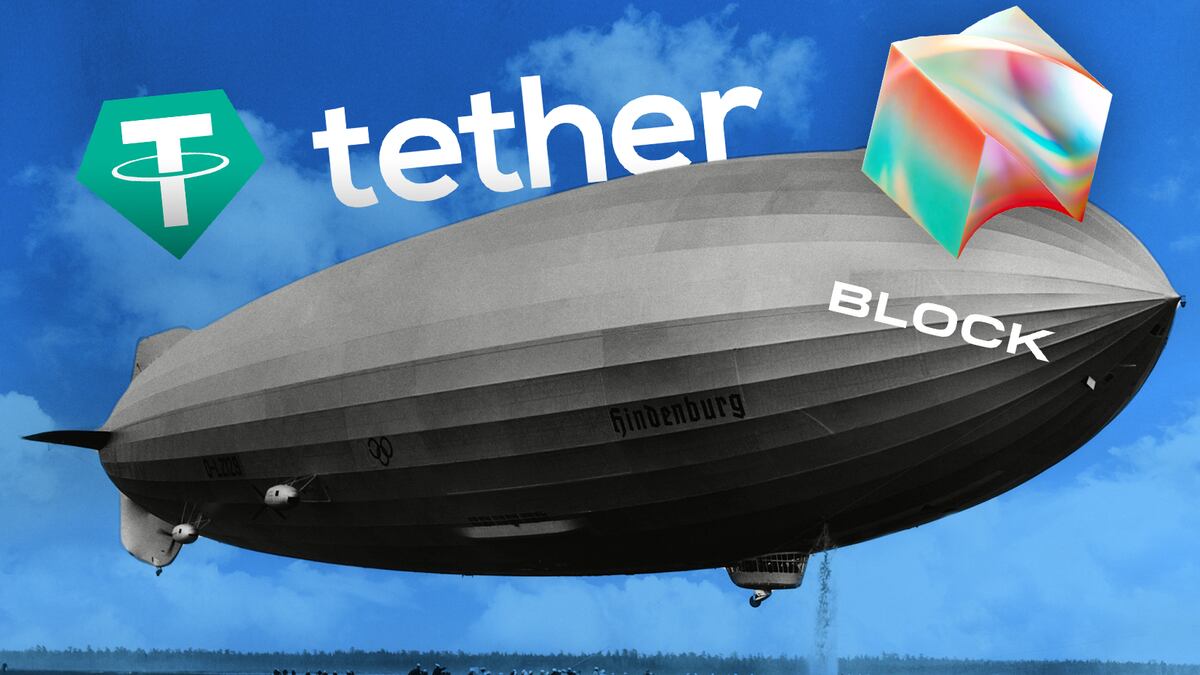- Short seller activist Hindenberg Research is winding down.
- The firm investigated several notable crypto firms over the years.
After seven years of railing against companies like Twitter and car manufacturer Nikola — while putting a $1 million bounty on stablecoin issuer Tether over its reserves — the founder of Hindenburg Research says its time has ended.
“The plan has been to wind up after we finished the pipeline of ideas we were working on,” said founder Nathan Anderson.
“And as of the last Ponzi cases we just completed and are sharing with regulators, that day is today.”
As an activist short seller, Hindenburg Research investigated companies in search of malfeasance. The group bet against the stock, shared its information with investors, and profited as the shares plunged.
Anderson has had notable wins.
When a Hindenburg report emerged in September 2020 that alleged Nikola, a hydrogen-powered car manufacturer, was lying to investors about the abilities of its vehicles, the company’s stock plummeted 40%.
Less than a year later, the Department of Justice charged CEO Trevor Milton with securities and wire fraud.
“Trevor Milton brazenly and repeatedly used social media, and appearances and interviews on television, podcasts, and in print, to make false and misleading claims about the status of Nikola’s trucks and technology,” Manhattan U.S. Attorney Audrey Strauss said.
.@HindenburgRes got a shout out in the complaint as well.
— Nate Anderson (@NateHindenburg) July 29, 2021
We hope this case serves as another testament to the role of short sellers and critical researchers in a healthy market.
A huge thank you to all of our supporters! We will continue to follow the case closely. pic.twitter.com/EOzYJVXBDB
Hindenburg turns to crypto
Over the years, Anderson and his team have targeted several crypto firms.
In 2017, one of the crypto industry’s frothier periods when crypto prices soared, Anderson’s firm issued several reports about Riot Platforms and Marathon Digital over their abrupt pivots to crypto mining.
Before crypto, Riot was a drug discovery company called Bioptix, and Marathon Digital was called Marathon Patent Group, which made its business by buying patents. Neither firm responded to a request for comment.
Hindenburg launched the Tether bounty programme in 2021, offering $1 million to anyone who could provide previously disclosed information about the reserves that back each of the USDT stablecoins in circulation.
Tether, who has long been criticised for failing to provide a formal audit from a Big Four accounting firm, called the program a “pathetic bid for attention.” Tether did not respond to request for comment.
Anderson and his team also went after Jack Dorsey’s payments company, Block, in 2023. Hindenburg claimed the company had overstated user metrics and that the platform was rampant with unchecked bot activity.
Block denied those claims and said it was working with the Securities and Exchange Commission to explore legal action against Hindenburg. Block did not respond to a request for comment.
A short seller makes money by borrowing a stock, selling it on the open market, and then waiting for the price to fall. The investor then buys back the shares, returns them, and pockets the difference.
It’s a risky strategy: While a long investor can only lose his original investment, a short seller can lose much more if a share’s price surges.
Anderson said that operating Hindenburg took too great a toll on his well-being, but said he hopes that a new generation of researchers will take up the mantle.
“That would make my day, even if I’m off trying to learn music or planting a garden or whatever I end up doing next,” he said.
Liam Kelly is a Berlin-based reporter for DL News. Got a tip? Email him at liam@dlnews.com.


